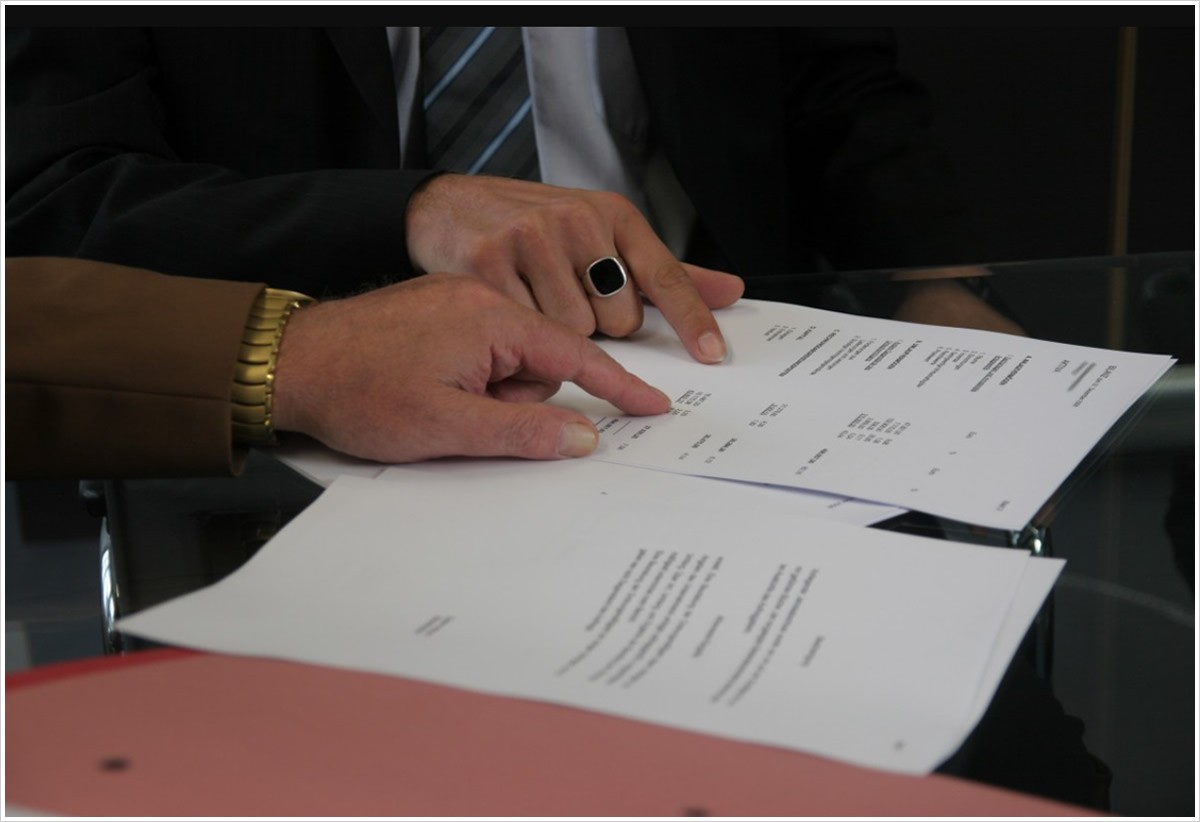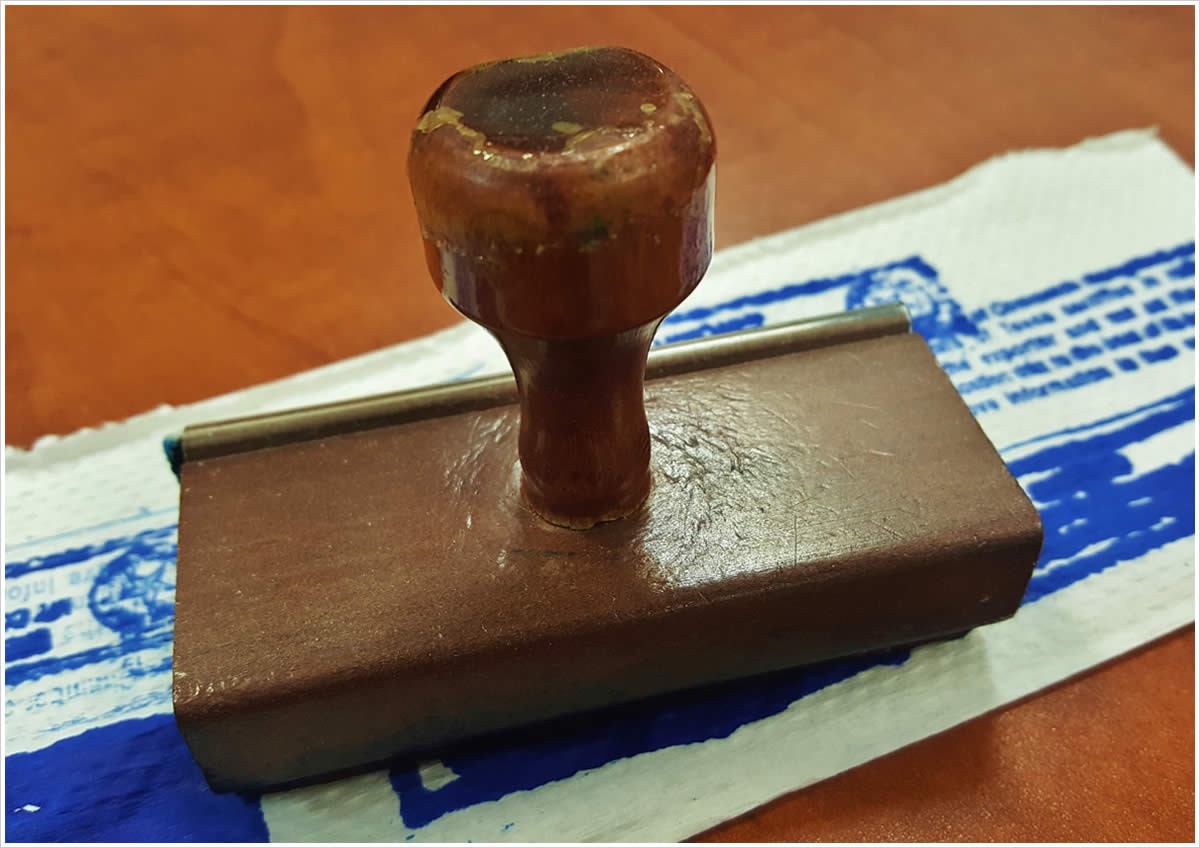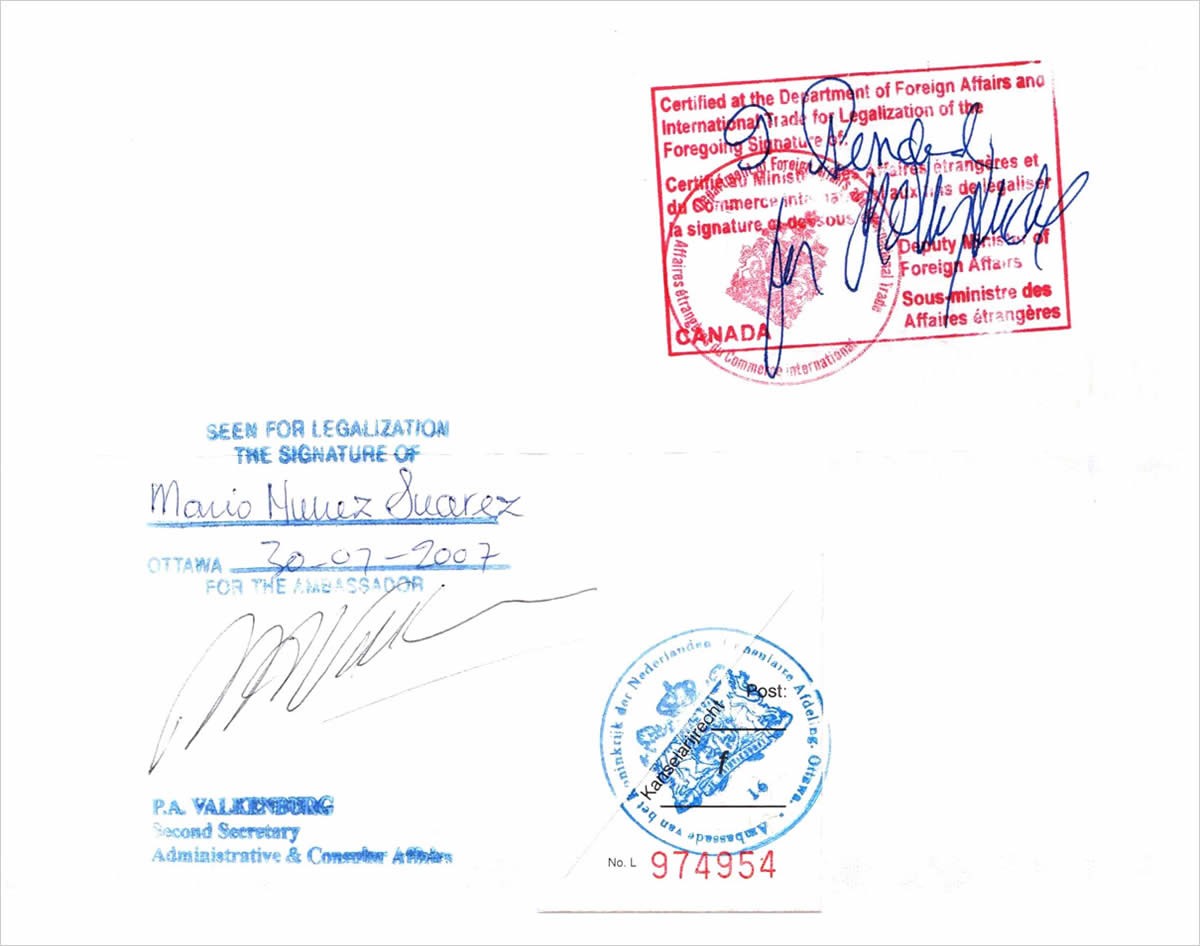
In this guide to notarizing and attesting a document in China, you’ll get all the information you need to get a notarization and attestation done.
Getting a document notarized and attested in China may seem a complicated matter…but it isn’t! Once you understand exactly what you need, your search for a notary public China may not even be necessary. In this guide to notarizing and attesting a document in China, you’ll get all the information you need to get a notarization and attestation done.

Documents Notarization
Notarization is the activity of a notary organization to prove the authenticity and legality of civil legal acts, legally significant facts, and documents according to legal procedures upon the application of natural persons, legal persons, or other organizations.
If you need to notarize your documents in China, what you’re looking for is a 公证处 (g ō ng zh è ng ch ù ), known in English as the Public Notary Office of the People’s Republic of China. No matter which city you live in in China, there is a Notary Office. In most cases, it only takes less than an hour to arrive with the document, identification, and money.

1. Documents required
Original student ID card
2. Service fee
(1) Notarization only
The notarization fee for the graduation certificate is RMB 150 yuan per copy The notarization fee for the diploma certificate is RMB 150 yuan per copy The notarization fee for transcripts is RMB 150 yuan per copy
(2) Translation + Notarization
The notarization fee for a degree certificate is RMB 220 yuan per copy. The notarization fee for the degree certificate is RMB 220 yuan per copy The notarization fee for transcripts is RMB 280 yuan per copy
3. Processing time
(1) Notarization will take 1-3 days
(2) Translation + notarization will take 3-5 days
4. Why do international students need to do document notarization?
To ensure that graduation certificates, academic certificates, transcripts, or other documents issued by Institutions can be recognized by the motherland or the destination country, graduated international students must complete the notarization of relevant documents before leaving China.
5. Where to apply?
The notary application must be filed with a local notary office in the same city where the documents are issued. And the notary office must have qualifications to handle foreign-related notarization. For example, a degree certificate issued by a university in Beijing can only be notarized by a local notary office in Beijing. There are multiple notary offices in each city. It is recommended to go to the major notary office in the city that has the most experience dealing with this kind of notarization. In Beijing and Shanghai, for example, there are dozens of notary offices, among which these two are generally considered the most experienced.
Beijing Fangyuan Notary Public Office
Address: 3rd Floor, Beijing INN Building, No. 5, Dongshuijing Hutong, Dongcheng District, Beijing (Click to view Google Maps or Baidu Maps .)
Shanghai Oriental Notary Public Office
Address: No.598, Fengyan Road, Jing’an District, Shanghai (Click to view Google Maps or Baidu Maps .)

Documents Attestation
Attestation is the activity of consular certification agencies to confirm documents in the name of a country. Its purpose is to enable documents issued by one country to be recognized in the territory of another country without affecting its extraterritorial legal effect because of doubts about the authenticity of the seal and signature on the documents.
Attestation is also known as “Double/Triple Authentication/Legalization”. The attestation process includes notarization, authentication by China’s Ministry of Foreign Affairs (MFA), and authentication by a foreign embassy/consulate in China.

Chinese attestation of international student documents
1. Documents required
(1) Copy of passport (photo page)
(2) Original notarization paper
2. Service fee
Regular service : Equivalent charges of foreign embassies + RMB 260 yuan extra.
Urgent service : Expenses for regular service + RMB 80 yuan extra.
3. Processing time
(1) Regular service : 10 working days
(2) Urgent service : 8 working days
Specific charge standards can consult on this website.
Homeland or the destination country's attestation of international student documents
1. Documents required
(1) Copy of passport (photo page)
(2) Original notarization paper
2. Service fee
(1) Regular service: Equivalent charges of foreign embassies × 2 + RMB 320 yuan extra.
(2) Urgent service: Expenses for regular service + RMB 110 yuan extra.
3. Processing time
(1) Regular service : 5 working days + reception time of foreign embassies + mailing time.
(2) Urgent service : 2-6 working days earlier than regular service.
Specific charge standards can consult on this website:
4. Where to apply?
There are agencies across the country that are responsible for receiving applications for authentication by China’s MFA. A list of the agencies is posted on China Consular Service Website (in Chinese). However, not every agency on the list can handle your authentication application. You would need to figure out to which agency you should make the application. Before we answer this question, we would like first to give you a bit of background about consular affairs.
There are two kinds of foreign diplomatic missions in China, embassies, and consulates. Many people would consider these two the same, but they are not. Consulates are like representatives of embassies. All the embassies in China are located in Beijing, while all the consulates are located in other major cities, e.g., Shanghai, Guangzhou, Shenyang, and Chengdu. In terms of consular authentication service, each embassy or consulate has its consular jurisdiction. Take India as an example. India has one embassy and three consulates on China’s mainland. The Embassy of India in China is located in Beijing and its three consulates are located in Guangzhou, Shanghai, and Hongkong.
NOTE :
Considering that it takes a long time for international students to apply for the attestation of the homeland or the destination country through Henan Foreign Affairs and Overseas Chinese Affairs Service Center, we suggest that you may directly contact the embassies of the homeland or the destination country to complete the attestation of relevant documents that obtained in China. According to the relevant regulations of the Ministry of Education of China, the Institution is not responsible for verifying international students’ educational credentials, so make sure to finish the notarization of education credentials before leaving China.

As you can see, getting a document notarized and attested while in China isn’t a complicated process…as long as you recognize what kind of notarization and attestation you need.